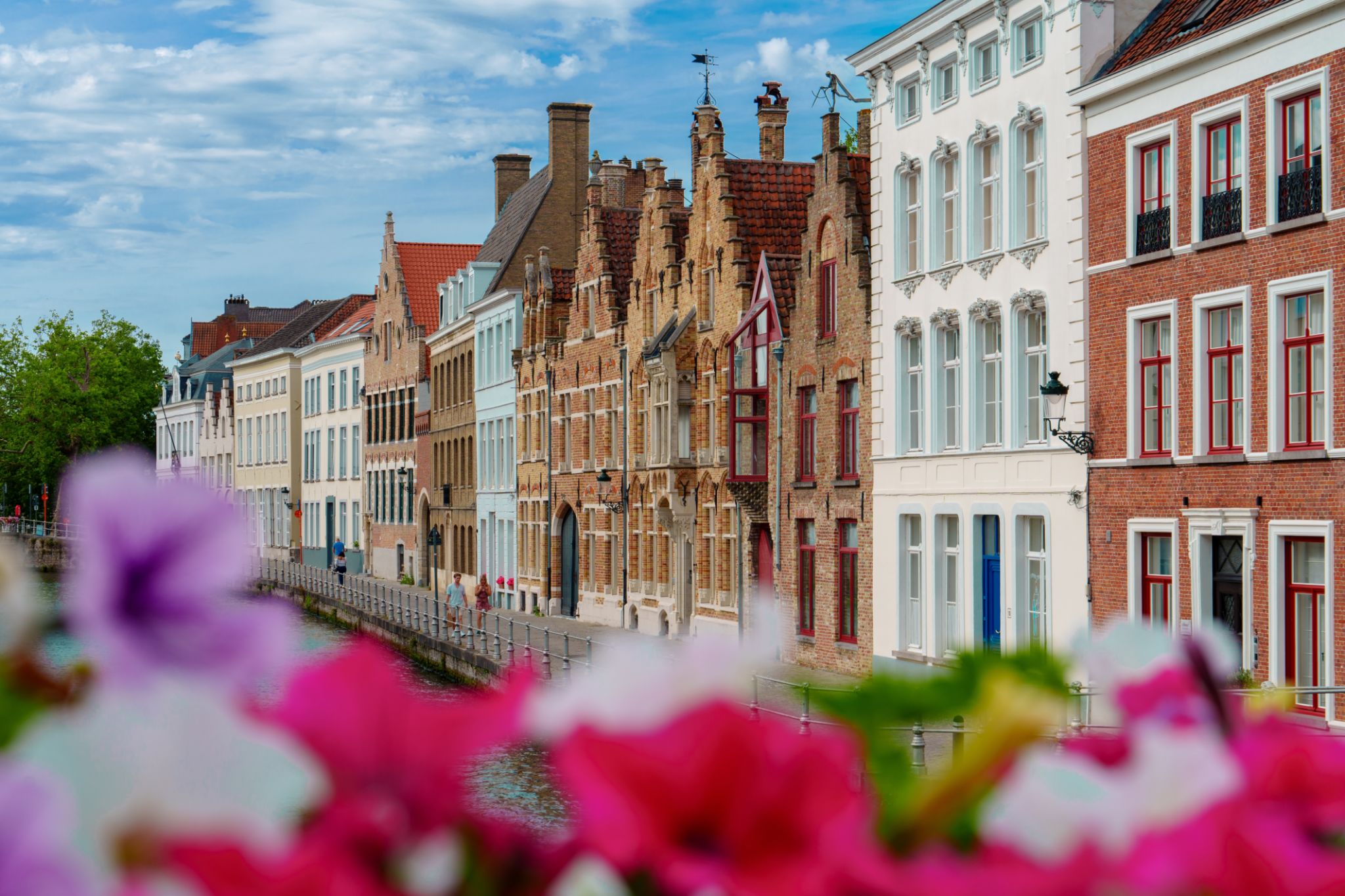Exploring the Role of Cultural Centers in Estonia's Community Life
The Heartbeat of Estonian Communities
In the heart of Estonia, cultural centers are more than just buildings; they are the living, breathing centers of community life. These centers play a crucial role in fostering social cohesion, preserving cultural heritage, and promoting lifelong learning among residents.
Cultural centers in Estonia serve as hubs for a variety of activities that cater to all age groups. From art exhibitions and music concerts to language classes and traditional dance workshops, these centers offer something for everyone. They are instrumental in bringing together people from different backgrounds, creating a sense of belonging and unity.

Preserving Tradition Through Cultural Activities
Estonian cultural centers are deeply committed to preserving the country’s rich heritage. They organize events and workshops that focus on traditional crafts, folklore, and music. These activities not only celebrate Estonia's past but also ensure that younger generations remain connected to their roots.
One of the key functions of these centers is to host festivals and celebrations that highlight Estonian traditions. Through events like the Midsummer's Eve celebrations and the annual Song and Dance Festival, cultural centers play a vital role in keeping these customs alive.

Fostering Lifelong Learning
Cultural centers in Estonia also emphasize the importance of education by offering a wide range of learning opportunities. They conduct classes on various subjects, including foreign languages, history, and art. This commitment to education supports personal development and encourages lifelong learning among community members.
Workshops and seminars are frequently organized to address contemporary issues, providing residents with platforms for discussion and reflection. These initiatives help to build more informed and engaged communities.

Building Bridges Through Multicultural Initiatives
Estonia’s cultural centers are instrumental in promoting multiculturalism. They regularly collaborate with international organizations and host events that celebrate cultural diversity. This approach helps to build bridges between different communities, fostering mutual understanding and respect.
By engaging in multicultural activities, these centers help to break down barriers and stereotypes, creating an inclusive environment where everyone feels welcome. This is particularly important in Estonia’s increasingly diverse society.
Supporting Artists and Local Talent
Cultural centers provide crucial support for local artists and performers by offering them platforms to showcase their work. Art exhibitions, theater performances, and music concerts are regularly held, giving artists opportunities to reach wider audiences.
This support is vital for nurturing local talent and ensuring the continued growth of Estonia’s vibrant arts scene. By promoting local artists, cultural centers contribute significantly to the country's cultural economy.

The Future of Cultural Centers
As Estonia continues to evolve, the role of cultural centers will become even more pivotal. They must adapt to changing societal needs while continuing to preserve traditions. Embracing technology and innovative approaches will be key to their future success.
Cultural centers will remain essential in promoting social cohesion, education, and cultural exchange. Their ability to bring people together in meaningful ways ensures they will continue to be at the heart of community life in Estonia for generations to come.